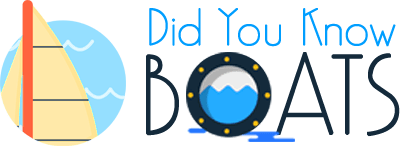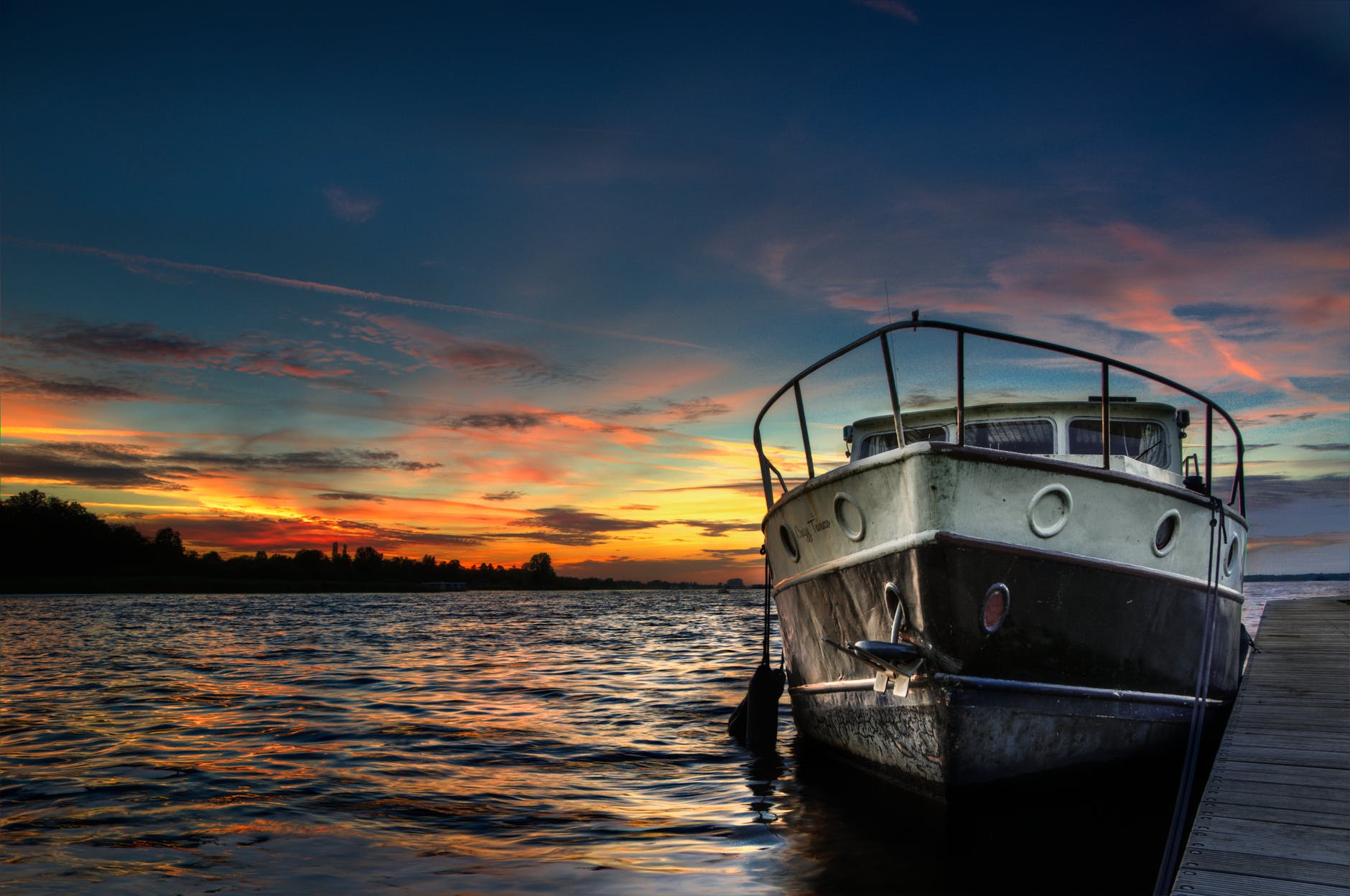Marine insurance is very wide, complex and encompassing. A simple definition would be a protection of ship, boat, cargo or property due to damage or loss while in transit from one place to another. Marine insurance is important because through that, ship owners and transporters can be sure of claiming damages.
A transporter or ship owner can choose the insurance plan depending on the size of the ship, the routes taken by the ship, and many minor points that can affect the transporter. Marine insurance must provide fair claims to both the transporters and corporations, and this is why it is tricky and strict.
Why Get Marine Insurance?
Of all the modes of transport, perhaps water transportation is the one that causes the most worries, since there are a lot of natural occurrences and incidences which has the potential to harm the vessel, cargo, and even the life of the crew and passengers. There are incidences that can cause a huge financial loss for the transporter and shipping corporation, as well as other things that can disrupt operation like piracy and cross-border shoot-outs, which pose major threats when it comes to water transportation. Financial loss caused by these events can be avoided or lessened by securing a marine insurance.
Marine insurance can manage risks in the event of unfortunate incidents like damage to vessel and cargo, accidents, and loss of life. Boat insurance may be simpler, but when it comes to ships, states become higher, since all factors involved in the operation must be considered. The amount of insurance is decided by the insurer.
To ensure that the risks will be managed without lacking monetary funds, different marine insurance contracts are made compulsory for ships. There are various plans and policies that indicate what the insurance covers, and the transporter or ship owner can choose and avail the best policy that suits his needs best.
But while dealing with the range and scope of marine insurance, it’s important that the captain of the ship follows a strict protocol in terms of the route taken and the time taken for the vessel and cargo to reach the intended destination. If there are any violation of the terms of the route taken, an insurance claim will be rejected completely should there be any mishap or damage that occurs to the vessel or cargo. This is why it’s important for a captain to follow the originally intended course for the ship to avoid a potential failed insurance contract because of a loss due to deviation from the route.
Types of Marine Insurance and Policies
Marine insurance is a wide topic, so there have been definite categorization of marine insurance types and policies. An appropriate marine insurance type can be narrowed down and selected to be put into effect.
Marine insurance companies often provide these types of insurance:
1. Hull insurance
The hull insurance caters to the hull and torso of the ship, including all the articles and pieces of furniture in the ship. This can be done to protect the ship owner’s investment in the ship, so in case the ship gets damaged, the owner gets indemnity from the insurance company. This type of insurance is usually taken out by the owner of the ship to avoid any loss in case any mishaps occur.
Some offer hull insurance and machine insurance as one, calling it hull and machinery (H&M) insurance. Machinery insurance covers all essential machinery, so in case of any operational damages, claims can be compensated after survey and approval of the surveyor.
2. Cargo insurance
Marine cargo insurance caters to the cargo carried by the ship, as well as the belongings of a ship’s voyages. It protects the ship owner and cargo owner against damage or loss of cargo due to delay in the voyage, unloading, accidents or any mishap. This type of insurance has third-party liability that covers the damage to the ship, port and other transport forms like trucks or rails. If the cargo is ruined, the owner gets indemnity from the insurance company.
3. Liability insurance
With a liability insurance, the compensation is bought to provide any liability occurring on the account of the ship crashing or colliding, and on account of any other induced attacks. During marine transport, a ship may collide with another ship, and the goods of the other ship may be lost. The liability insurance can provide compensation of such liabilities.
4. Protection and indemnity insurance
Protection and indemnity insurance offers mutual insurance covering the liabilities to the third party and risks not covered elsewhere in a standard H&M insurance policy. It covers risks related with ownership of the vessel and risks connected to the hiring of the ship.
5. Freight insurance
The amount paid to the owner of the ship for transferring goods or cargo from one port to another is called freight. This type of insurance offers protection to merchant vessels’ corporations against chance of losing money in the form of freight, like in case the cargo is lost due to accident or other unprecedented event.
Freight, demurrage and defense insurance (FD&D) insurance (often simply called defense insurance) provides claims for handling assistance and legal costs for a wide range of assistance not covered by the P&I and H&M insurance.
In addition to marine insurance, there are also other insurance policies offered to the clients to provide flexibility. Some of the different types of marine insurance policies include:
- Voyage policy – This type of policy is valid only for a particular voyage.
- Time policy – This policy is valid for a specified time period, generally for a year.
- Mixed policy – It offers the ship owner the benefit of both voyage and time policy.
- Valued policy – This policy ascertains the value of cargo and consignment, and this value is mentioned in the policy beforehand, making the value of reimbursements clear.
- Open or unvalued policy – Unlike valued policy, an open or unvalued policy doesn’t define the value of cargo and consignment first. Reimbursements are only done after inspection of valuing of lost cargo and consignment.
- Port risk policy – This policy insures the safety of the vessel while it is stationed at a port.
- Wager policy – In this policy, there are no fixed terms for reimbursement stated. It’s an unwritten insurance policy.
- Block policy – This protects the cargo owner against damage and loss of cargo in all modes of transport through which the cargo is carried. It doesn’t just cover sea transport; it also covers the risks of road and rail transport.
- Floating policy – This insurance policy specifies only the amount of claim. Other details are omitted until the ship embarks on its journey. This is the most feasible insurance policy for vessels that undertake frequent trips of cargo transport in the sea.
- Single vessel policy – This policy is suitable for a single ship owner, or an owner who owns one ship in different fleets.
- Fleet policy – This is applicable for an owner of several ships insured under the same policy.
When getting a marine insurance policy, it should come from a trusted company. Do some research and compare rates, insurance cost and special deals and offers.
At first, it may be difficult to understand marine insurance because it’s an area that involves a lot of thought and complex dealings. But as you learned about its benefits, you get how important it is. In the interest of clients and insurance providers, it is very beneficial to get the right kind of marine insurance to better resolve problems later on.

